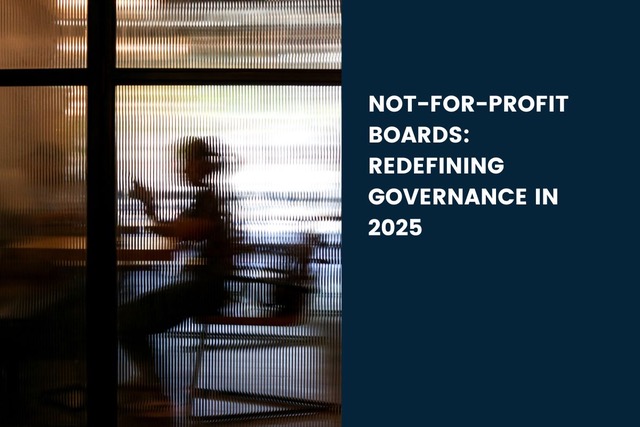Potential penalties and fines are only the beginning of the fall out; the organisation may suffer a loss in confidence of its brand, a loss in stakeholder/member support and diminished organisational value.
The challenge for organisations is that relying solely on a director to fully understand their obligations exposes both of them. Leaving a new director to work out their duties and obligations for themselves is fraught with risk. The director must have the skills and knowledge to navigate a range of different laws (common law, state and federal legislation), identify the appropriate regulator (ASIC, ACNC, APRA, AUSTRAC, a state body for an incorporated association or a combination of a number of these (and others)) and then layer on any obligations in the constitution, rules or similar.
And knowledge of duties isn’t something that a director can simply take from role-to-role. A directors’ duties, obligations and approach will almost certainly be different from one organisation to another, particularly where they are a director across both corporate and not-for-profit boards.
It’s therefore critical that you, as an organisation, lead the development of your board. You are best placed to provide guidance for your directors on their specific duties and obligations and highlight the consequence of any breaches. And at the same time it is important that you establish a culture where directors’ duties are valued and adhered to – setting up a first flank of defence to risk management.
So how best can your organisation ensure that all of your board members understand the context in which you operate and the specific duties they owe?
It is essential you provide an appropriate induction on your organisation to each new board member. An induction sets the standard on how the board and organisation operate and should point to key decision-making documents. You must also provide access to background information, policies and board papers during the term of their appointment.
But importantly, your role shouldn’t stop there. You should continue to provide your board with ongoing professional development. Not a generic course that deals in the big picture duties of directors, but rather tailored training for your organisation that ensures that all board members have the same understanding of their role and the context in which they operate. It should continue to reinforce the critical contextual information about the organisation’s purpose, strategic priorities and specific obligations that may need to be taken into account when making decisions for the benefit of the organisation. Ensuring the focus on the decision making at the board table, is driven by organisational priorities rather than personal preference.
We believe this tailored training works best when all board members attend at the same time. This develops awareness between board members and ensures that the board has a collective understanding of its role. Fundamentally, this training assists to build the culture of the board and the organisation.
Board members and management come and go. In order to build a lasting legacy, your organisation should prioritise board development to ensure risk management, ongoing strategic focus and the protection of your brand and the organisation’s purposes.
Maze Consulting provides a range of training and development solutions for boards in the not-for-profit, statutory body, and the corporate sectors. See mazeconsulting.com.au for more details.




